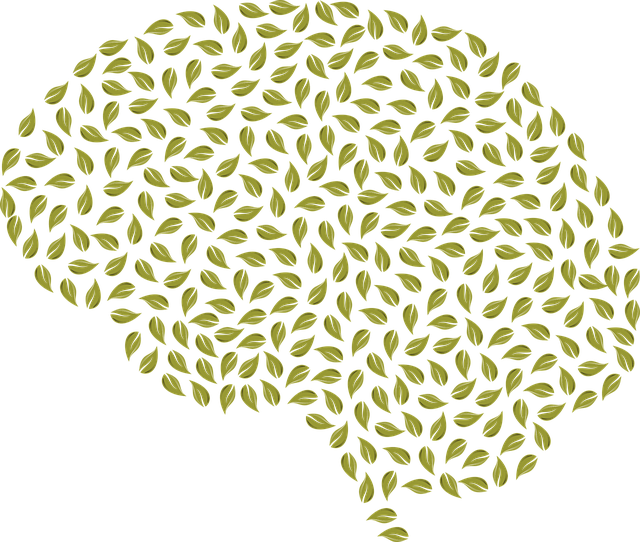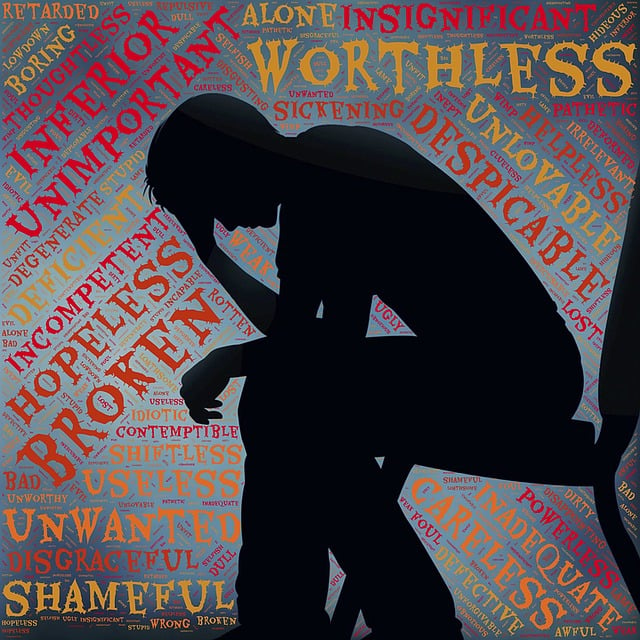Children with chronic illnesses often need specialized mental health care due to the complex interplay between their conditions and common mental health challenges like mood disorders, anxiety, and depression. Effective approaches include cognitive-behavioral therapy (CBT) and family-focused therapy. Holistic strategies, such as community outreach programs and building strong support systems, integrate therapy with community initiatives to enhance emotional well-being, sense of belonging, and resilience. Tailored evidence-based practices from therapists, combined with family support, peer connections, and professional guidance, empower children to navigate mental health challenges associated with chronic illnesses.
Mental illness diagnosis and treatment for children with chronic illnesses can be a complex, yet manageable, journey. This article offers a comprehensive guide to understanding mental health diagnoses specific to pediatric patients, exploring various therapy approaches tailored to their unique needs. We delve into essential support systems and resources, providing practical insights to navigate this critical path. By empowering parents and caregivers with knowledge, we aim to enhance the effectiveness of treatment, ensuring children with chronic illnesses receive the best possible care.
- Understanding Mental Health Diagnoses for Children with Chronic Illnesses
- Navigating Treatment Options: Therapy Approaches for Pediatric Patients
- Support Systems and Resources for Effective Diagnosis and Treatment Journey
Understanding Mental Health Diagnoses for Children with Chronic Illnesses

Mental health diagnoses for children with chronic illnesses require a nuanced approach, as both conditions often intertwine and impact each other significantly. Understanding these connections is crucial when providing therapy for children chronically ill. A comprehensive evaluation by mental health professionals is essential to identify specific needs and tailor interventions accordingly. Many children facing chronic illness struggle with mood management, anxiety, or depression—common mental health challenges that can complicate their overall well-being.
Community outreach program implementation can play a vital role in supporting these families. Social skills training, for instance, can help children navigate social interactions more effectively while fostering a sense of belonging and improving their emotional resilience. By integrating therapy for children with chronic illnesses with community-based initiatives, we can ensure holistic care that addresses both the medical and psychological aspects of their lives.
Navigating Treatment Options: Therapy Approaches for Pediatric Patients

Navigating treatment options is a complex task, especially when it comes to pediatric patients facing mental illness. Therapy approaches play a pivotal role in managing and improving their overall well-being. One widely recognized method is cognitive-behavioral therapy (CBT), which helps children identify and change negative thought patterns and behaviors. This approach has shown effectiveness in treating various conditions, including anxiety disorders, depression, and certain behavioral issues. CBT empowers kids to develop coping strategies and build inner strength, enabling them to manage their symptoms effectively.
Additionally, incorporating family-focused therapy can be immensely beneficial. This collaborative approach involves the healthcare provider working closely with the child and their family to improve communication and resolve conflicts. By addressing cultural competency training and enhancing the family’s understanding of mental health, risk assessment becomes more accurate. Such holistic strategies foster a supportive environment, ensuring that children receive comprehensive care tailored to their unique needs when dealing with chronic illness.
Support Systems and Resources for Effective Diagnosis and Treatment Journey

Navigating the path to diagnosis and treatment for mental illness can be overwhelming, especially when dealing with chronic conditions like Children’s Mental Health Disorders. However, building a robust support system is key to fostering resilience and enhancing the journey towards recovery. Families play a pivotal role in providing emotional regulation strategies and serving as a stable foundation during turbulent times. Support groups offer a safe space for sharing experiences and gaining insights from peers facing similar challenges, fostering a sense of community and understanding.
Professional resources, such as therapy for children specializing in chronic illness, are invaluable assets. Therapists equipped with expertise in pediatric mental health can guide young patients and their families through evidence-based practices. Self-awareness exercises tailored to age and condition help children understand their emotions and triggers, empowering them to actively participate in managing their mental wellness. By combining family support, peer connections, and professional therapy, individuals navigate the diagnosis and treatment process with greater confidence and improved mental resilience.
Mental illness diagnosis and treatment for children with chronic illnesses can be complex, but navigating these challenges is possible. By understanding specific mental health diagnoses, exploring diverse therapy approaches like cognitive-behavioral therapy (CBT) for children with chronic illnesses, and leveraging robust support systems and resources, parents and caregivers can foster a smoother journey towards healing. Effective navigation of treatment options empowers kids to manage their conditions holistically, promoting improved mental well-being alongside physical health.










